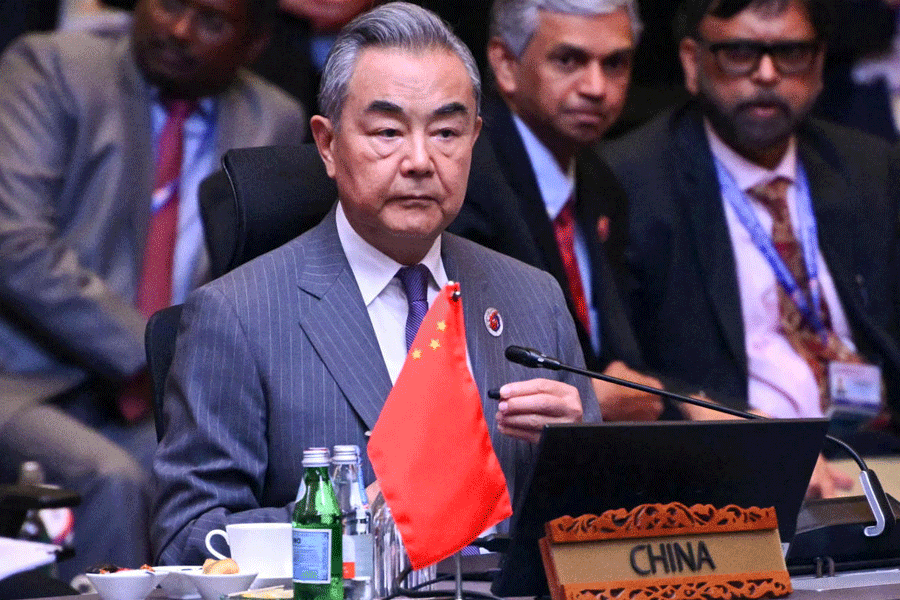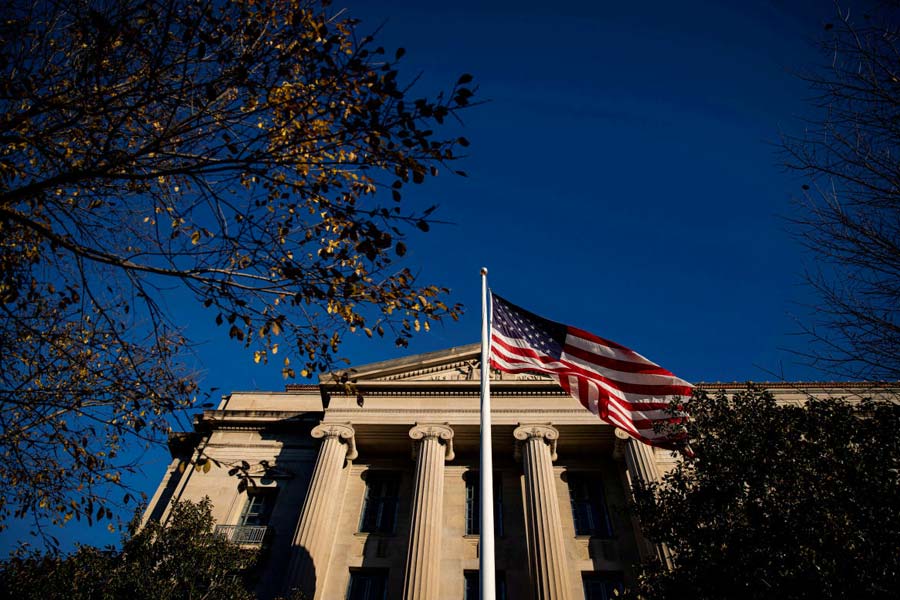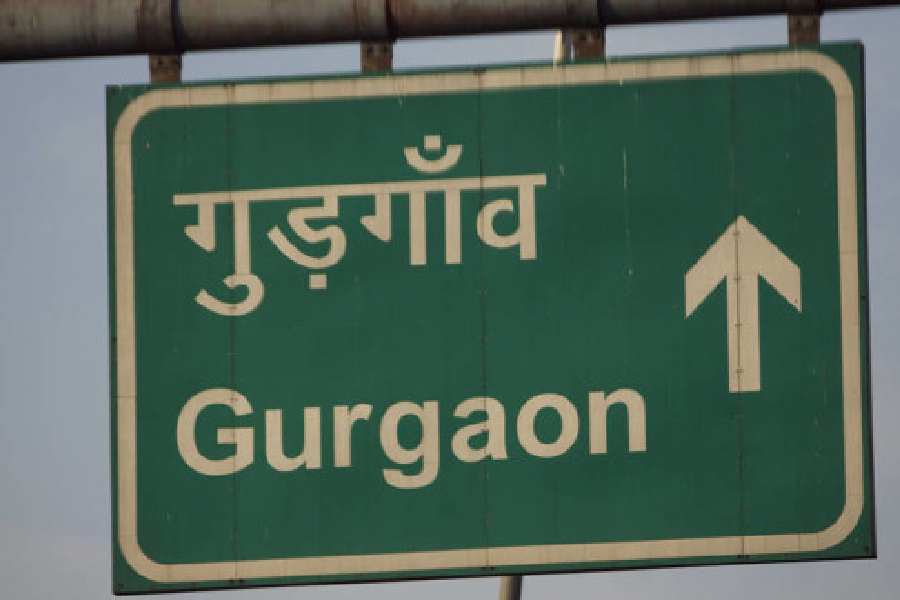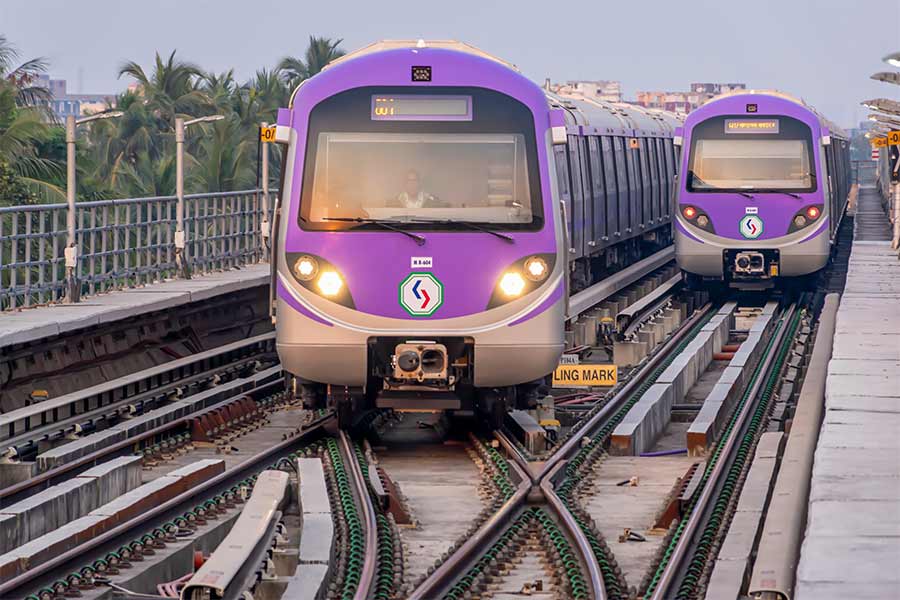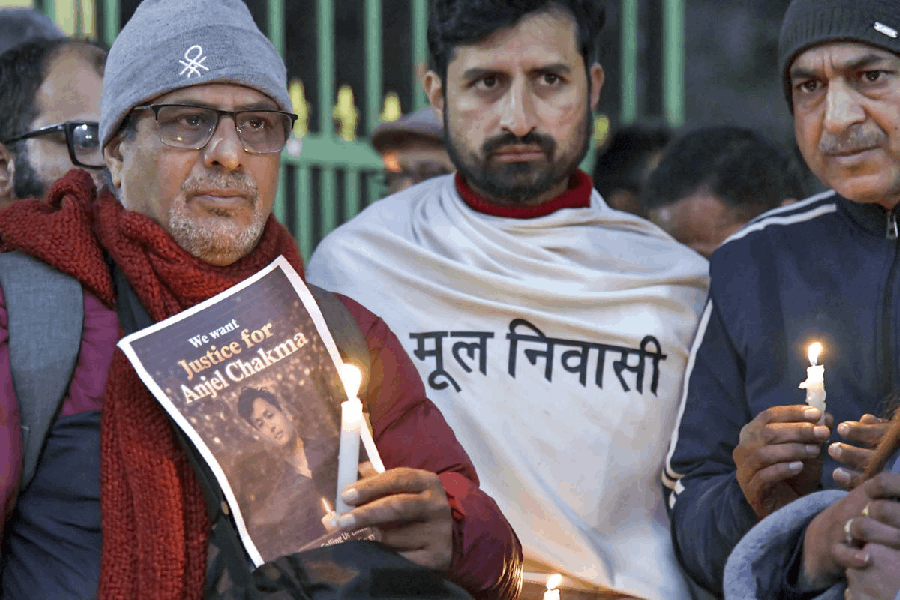 |
| Anup Patel |
London, Oct. 29: Indian IT expertise and equipment have been used to run a fraudulent credit card-making factory in Britain, police today disclosed to The Telegraph, following the conviction of Anup Patel, said to be the computer mastermind behind the multimillion-pound operation.
The equipment enabled the 30-year-old to decode information transmitted on telephone landlines so that he could steal the details of credit cards — a practice known as “line tapping” — and fit “key catchers” behind personal computers, usually surreptitiously, for the same purpose.
It is understood that petrol stations around the M25 motorway, among others, were used to cheat a large number of people using payment cards to buy fuel. Customers realised their cards had been stolen and used illegally when they received their statements.
Patel even had the gall to make a late-night telephone call to detective sergeant Simon Russen, the senior officer hunting him, and compare himself with an infamous American con artist, played by Leonardo DiCaprio in the film Catch Me If You Can.
Patel, who came to England from India when he was two and studied computer science at Kingston University, taunted Russen with a dare, “Catch Me If You Can”, before hanging up.
In the movie, based on a real-life story, Tom Hanks plays FBI agent Carl Hanratty, who ultimately tracks down Frank Abagnale Jr, but not before the youth has posed as a Pan Am pilot, a paediatrician and an attorney, and passed $4 million worth of bogus cheques.
The film depicts Hanks and DiCaprio developing almost a father-son relationship which was unlikely ever to happen with Russen and Patel. The latter was either very foolhardy or very arrogant. Patel, who managed to amass £2m for himself and his gang, had been jailed for two years for a credit card fraud in France 10 years ago.
Russen, of the City of London police (a separate force from Scotland Yard), who led a two-year investigation into Patel’s global operations and raided the factory in Croydon, south London, where thousands of magnetic strips and blank plastic cards, a library of 19,000 skimmed card and PIN details, holograms, card printers, corrupted payment terminals and £12,000 in cash were seized, had the last laugh yesterday.
Patel was sent down for six years yesterday, while an accomplice, Anthony Thomas, 45, a father of two who acted as a “mule” delivering the bogus cards to countries that do not use chips on cards, was jailed for two years.
The men were found guilty of “conspiracy to steal and conspiracy to defraud”.
It was the arrest of a third man, who is being held in Thailand on suspicion of being linked to the scheme that persuaded Patel that the game was up and he should surrender to the police.
India was central to the fraud, according to Russen’s testimony given today to The Telegraph.
“It was an Indian-Sri Lankan operation,” said Russen, “but India was central”.
“The equipment, the hardware (used in the fraud) came from India,” he revealed. “Indian IT skills have been used for criminal purposes in Britain.”
This is a revelation which could prove seriously damaging to the IT industry. Already, there have been numerous reports of inadequate security at firms dealing with outsourcing in India and, in some cases, the sale of the credit card details of foreign customers.
Judge Nicholas Ainley, sentencing Patel and Thomas, said the City of London police’s cheque and credit card unit had uncovered an “industrial-scale factory” when they raided Patel’s business premises in Croydon.
Patel began developing his high-technology inventions to beat credit card security almost as his thesis at university. As a “good Hindu” Patel, who lived relatively modestly and eschewed a playboy lifestyle, he was drawn into crime by the fascination of the technology he was developing.
The cards recovered, the police believe, suggest that the gang members could have made up to £16 million had they not been stopped, according to speculation in today’s Times.
More than 50 computer gadgets — exhibits in the case — were strewn across Court 1 of Croydon Crown Court. The jury of eight men and four women returned unanimous verdicts after less than two hours of deliberations. Last year, £144.3 million was obtained illegally by those able to beat the chip-and-PIN system introduced in 2002. The system became mandatory in 2006 for the 144 million cards in Britain.
While fake-card fraud has been cut in Britain — £78.2 million was stolen in 2005 compared with £31.1 million in 2007 — organised gangs have begun shipping counterfeit cards to countries, notably the US, that do not require cards to have chips.
Russen told The Telegraph that he took satisfaction from the removal of Patel from the growing fraud in the credit card business. But there were many other criminals out to cheat the system, he said.


